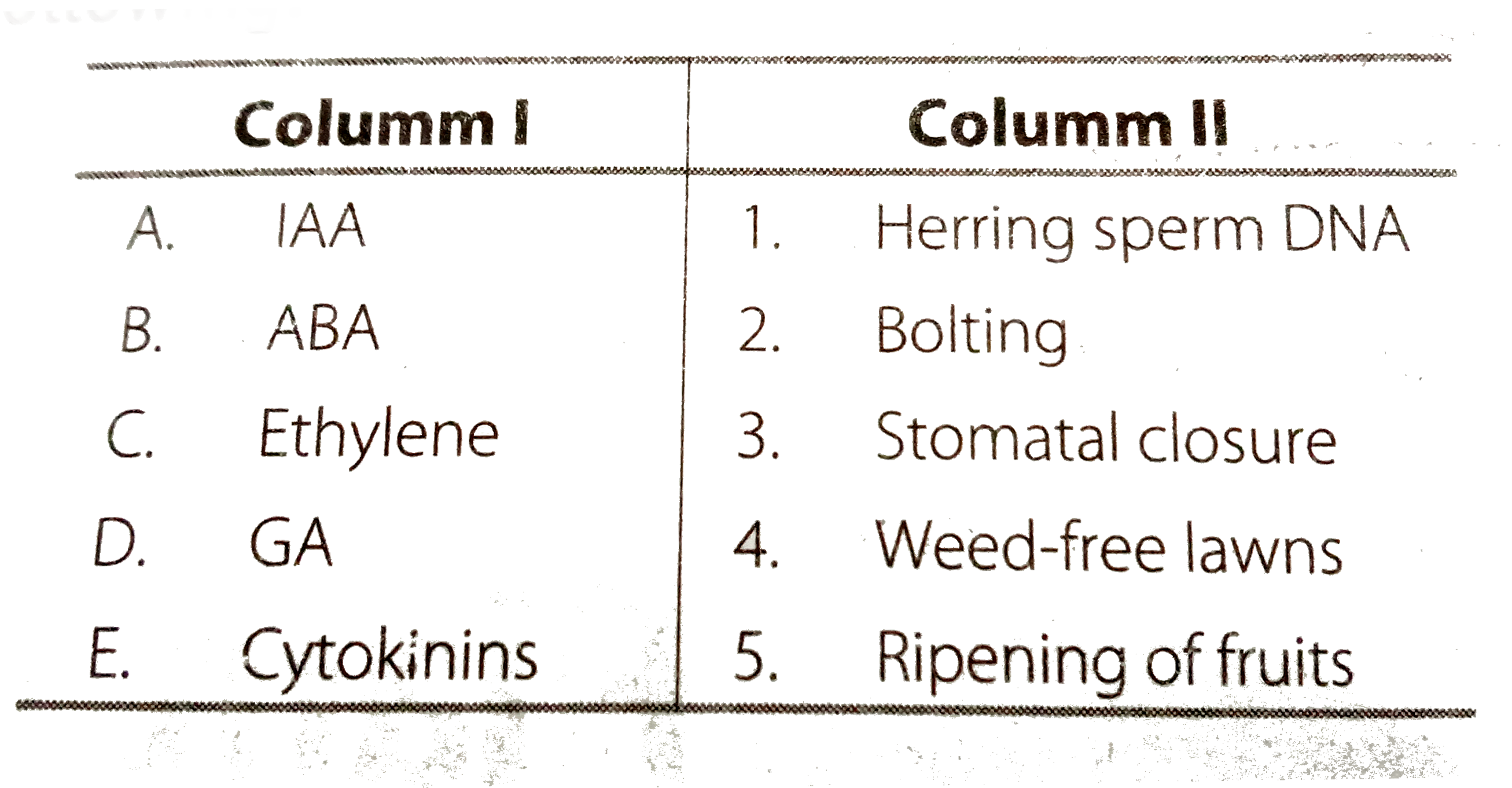Briefly describe the following:
(a) Transcription
(b) Polymorphism
(c) Translation
(d) Bioinformatics
(b) If an inheritable mutation is observed in a population at high frequency, it is called DNA polymorphism, (d) Bioinformatics is the branch of science concerned with the management and analysis of biological information stored in databases. This branch is a recently developed science using information to understand biological phenomenon. It has developed after establishment of genetic engineering techniques, introductive of automated protein and DNA sequencing technologies and use of computers to store enormous data which could be easily accessed remotely.
Topper's Solved these Questions
- MOLECULAR BASIS OF INHERITANCE BOOK - PRADEEPCHAPTER - MOLECULAR BASIS OF INHERITANCE EXERCISE - ADDITIONAL QUESTIONS (VERY SHORT ANSWER QUESTIONS)
56 Videos
- MOLECULAR BASIS OF INHERITANCE BOOK - PRADEEPCHAPTER - MOLECULAR BASIS OF INHERITANCE EXERCISE - ADDITIONAL QUESTIONS (SHORT ANSWER QUESTIONS)
94 Videos
- MOLECULAR BASIS OF INHERITANCE BOOK - PRADEEPCHAPTER - MOLECULAR BASIS OF INHERITANCE EXERCISE - Notable Question s
2 Videos
- MICROBES IN HUMAN WELFAREBOOK - PRADEEPCHAPTER - MICROBES IN HUMAN WELFAREEXERCISE - PRACTICE QUESTIONS (ASSERTION-REASON TYPE QUESTIONS )
12 Videos
- ORGANISMS AND POPULATIONORGANISMS AND POPULATIONSBOOK - PRADEEPCHAPTER - ORGANISMS AND POPULATIONORGANISMS AND POPULATIONSEXERCISE - Additional Questions (Very Short Answer Questions)
1 Videos
Similar Questions
Describe the following :
(b) Bivalent
View SolutionBriefly describe the bioinformatics
View SolutionDescribe the following :
(c) Leptotene
View SolutionBriefly describe the structure of the following :
(a) Brain
(b) Eye
(c) Ear
View SolutionBriefly explain the following:
(a) Liberalisation
(b) Privatisation
(c) Globalisation
View SolutionBriefly describe the followings
(a) anaemia
(b) angina pectoris
( c) atherosclerosis
(d) hypertenswn
(e) heart failure
(f) erythroblastosis foetalis
View SolutionBriefly explain the following :
(a) Ligament (b) Tendon (c) Neuron.
View SolutionDescribe the following:
(A) Fittig reaction
(B) Dow's precess
(C) Finkelstein's reaction.
View SolutionDescribe briefly the following: (i) Dialysis (ii) Electrophoresis.
View SolutionMatch the following

(a)
(b)
(c )
(d)
View Solution
